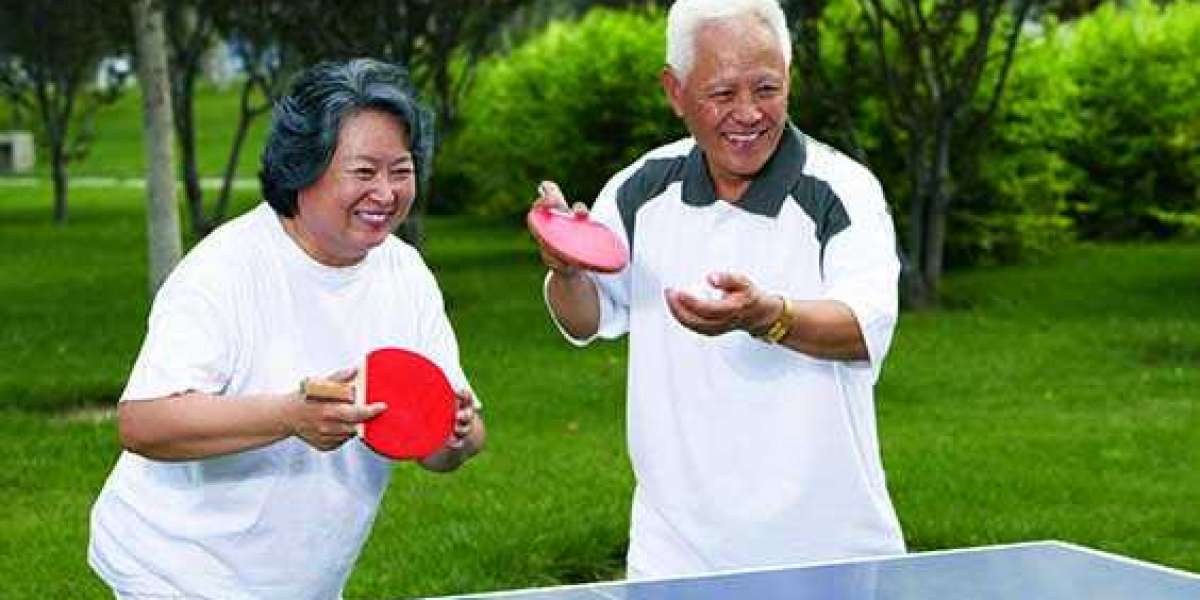As people age, they often find themselves changing the way they spend their leisure time. This shift in activities can be attributed to a variety of factors, including changes in physical and cognitive abilities, shifting priorities and values, changes in social roles and relationships, and changes in available resources.
Physical and cognitive abilities play a significant role in determining the types of leisure activities that people can engage in. As people age, they may experience physical declines that limit their ability to participate in certain activities. For example, an elderly person may find it more difficult to engage in physical activities such as running or hiking due to joint pain or decreased mobility. Similarly, cognitive declines may limit the ability to engage in activities that require complex problem-solving or decision-making skills, such as playing strategy games or participating in intense debates.
As a result, people may shift towards leisure activities that are less physically or cognitively demanding. For example, an elderly person who can no longer run marathons may take up gentle yoga or swimming instead. Or, they may switch from playing intense strategy games to playing more casual games like crossword puzzles or card games.
In addition to changes in physical and cognitive abilities, shifting priorities and values can also play a significant role in changing leisure time activities. As people age, they may begin to place more value on activities that promote relaxation and stress reduction, such as meditation or gardening, over activities that are more competitive or goal-oriented. Similarly, people may begin to prioritize activities that allow them to connect with others, such as joining a social club or participating in group exercise classes, over solitary activities like reading or watching TV.
Changes in social roles and relationships can also lead to shifts in leisure time activities. For example, an elderly person who has recently retired may find themselves with more free time, which may lead them to seek out new leisure activities or hobbies. Additionally, changes in social relationships, such as the loss of a spouse or close friend, can impact the types of activities that people engage in. For example, a person who has recently experienced a loss may find comfort in solitary activities like reading or journaling, rather than social activities that may be associated with their past relationship.
Changes in available resources, such as time and money, can also impact the types of leisure activities that people engage in as they age. For example, an elderly person who is on a fixed income may find themselves limited in their ability to participate in activities that require significant financial resources, such as travel or expensive hobbies. Similarly, people may find themselves with less free time as they take on new caregiving responsibilities or other obligations, which may lead them to prioritize activities that can be completed in shorter periods of time or closer to home.
It is important to note that not all shifts in leisure time activities as people age are negative or driven by limitations. Some shifts may be the result of newfound interests or hobbies, or may be driven by a desire to try new things and broaden one's horizons. Additionally, shifts in leisure time activities can be a positive way for people to adapt to changing circumstances and continue to find joy and fulfillment in life.




Alphonsus Odumu 4 w
Leisure change